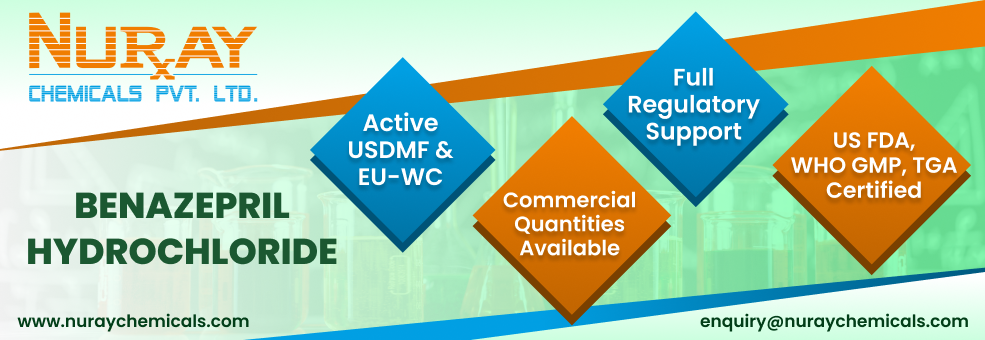


05 Dec 2019
// Eric Sagonowsky FIERCE PHARMA
https://www.fiercepharma.com/pharma/doj-inks-price-fixing-settlement-small-generics-player-as-it-eyes-others-ongoing-criminal

https://www.accessdata.fda.gov/scripts/cder/daf/index.cfm?event=overview.process&ApplNo=077215

21 Aug 2018
// FDA
https://www.pharmacompass.com/pdf/news/list-of-new-paragraph-iv-certifications-as-of-aug-21-2018-1534919998.pdf

02 May 2015
// Eric Palmer FIERCE PHARMA MFG
http://www.fiercepharmamanufacturing.com/story/attix-pharmaceuticals-recalls-hundreds-apis-us/2015-04-30
